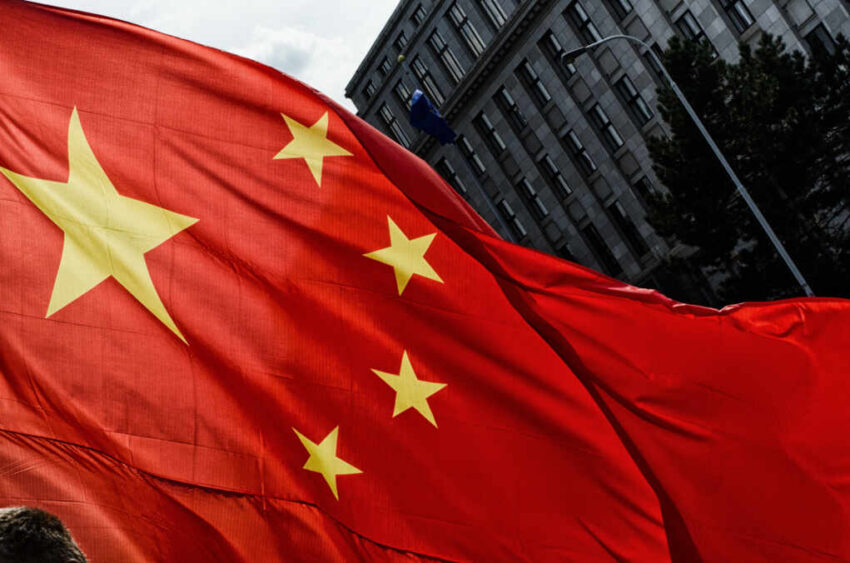Despite pledging neutrality, China has ramped up exports of rare metals vital to Russia’s military, stoking fears of a shadow supply chain sustaining the war in Ukraine.
At a Glance
- Chinese firms continue exporting gallium, germanium, and antimony to Russia
- These metals are essential to missile guidance, drone tech, and tank optics
- Trade loopholes and third-party vendors obscure compliance enforcement
- Western intelligence agencies raise alarms over dual‑use export spikes
The Covert Circuit
In the two years since the Ukraine invasion began, China has walked a diplomatic tightrope—publicly endorsing peace while quietly facilitating Moscow’s industrial resilience. A key piece of that puzzle has now surfaced: China’s role as the world’s top supplier of rare and strategic metals.
Recent customs data and shipping logs reveal sustained exports of gallium, germanium, and antimony—three elements widely used in advanced weapon systems. Gallium enhances radar and missile tracking. Germanium is vital in infrared optics for drones and tanks. Antimony strengthens armor alloys and serves in ammunition primers.
Watch: “Inside China’s Rare Earth Power Play” · YouTube
While Western sanctions have targeted conventional military exports, loopholes around so-called “dual‑use” materials have left room for plausible deniability. Beijing insists these substances are sold for civilian use. However, investigations show many suppliers deal with intermediaries linked to Russian defense contractors—creating a legal smokescreen for strategic trade.
Economic Warfare, Rewired
The figures are stark. In the past six months, Chinese exports of gallium compounds to Eurasian Customs Union countries surged by over 80%, with Belarus and Kazakhstan acting as frequent transit points. From there, shipments often reappear in Russian inventory records under alternate labels or subsidiary firms.
Germanium exports followed a similar pattern, spiking just as Russia resumed mass production of drones and next‑gen thermal optics for its T‑90 tanks. Some shipments were routed through shell companies in Armenia and Georgia and then re‑exported across Russian borders without proper end‑use declarations.
Western intelligence agencies—including the EU’s foreign affairs directorate and the U.S. Commerce Department—have issued classified warnings to private sector importers and customs watchdogs. Yet enforcement remains inconsistent, and many firms hesitate to accuse Chinese conglomerates due to fear of market backlash or diplomatic friction.
Strategic Denial vs. Strategic Dependence
The stakes extend beyond logistics. As Ukrainian forces confront increasingly advanced Russian hardware, the origins of critical tech inputs are at the heart of geopolitical tensions. Gallium and germanium aren’t weapons themselves—they’re embedded in precision targeting, jamming-resistant communications, and energy-efficient semiconductors used in unmanned systems.
China maintains there’s no coordinated sanctions circumvention and stresses it does not deliver “lethal aid.” Yet analysts warn that in hybrid warfare, material science and supply chains can be as decisive as missiles or boots on the ground.
Calls within NATO and the G7 are gaining steam to classify certain dual‑use metals as strategically controlled—possibly triggering a new wave of export restrictions. But Beijing controls over 90% of global production in gallium and germanium, meaning any embargo could disrupt semiconductor manufacturing, renewable energy infrastructure, and telecommunications worldwide.
The silent trade in metals may be arming more than one side—it may be reshaping the rules of modern global power.
Click this link for the original source of this article.
Author: Editor
This content is courtesy of, and owned and copyrighted by, https://deepstatetribunal.com and its author. This content is made available by use of the public RSS feed offered by the host site and is used for educational purposes only. If you are the author or represent the host site and would like this content removed now and in the future, please contact USSANews.com using the email address in the Contact page found in the website menu.








